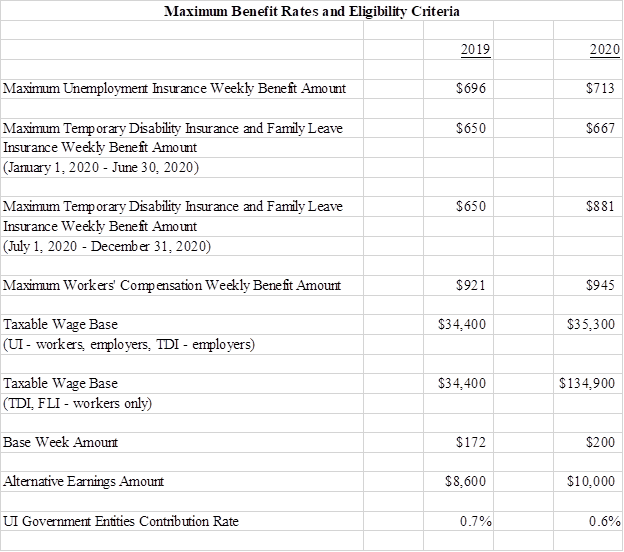A $10 million tax credit program put into effect for the 2019 tax year will help offset payroll cost increases for employers of workers with impairments.
The program was created through the minimum wage law signed by Governor Murphy in 2019 to ease the transition for businesses to a $15 minimum wage, and is administered by the New Jersey Department of Labor and Workforce Development. It is designed to help bridge the economic gap for employers as the minimum wage rises by $1 per hour each year until it reaches $15 per hour in 2024 for most employees.
Employers of workers with impairments will be able to claim credit for the cost of the wage increases and corresponding increases in payroll taxes that the employer pays on those workers’ wages.
“Every hardworking New Jerseyan working full-time deserves a fair, livable wage,” said Governor Phil Murphy. “With this new program, we are committed to providing individuals with disabilities the opportunity to fully participate in our society and economy while ensuring the viability of businesses in New Jersey.”
“While it is critical for workers to be able to earn a living wage, we must also continue to support our business community, especially those who provide employment for hard-to-place workers,” said Labor Commissioner Robert Asaro-Angelo.
The program is part of Gov. Murphy’s Jobs NJ, a multi-pronged initiative to grow New Jersey’s talent pool to meet the needs of businesses into the future. It is part of the governor’s over-arching goal of providing equitable opportunities in the workforce and building a stronger, fairer economy for all. To learn more about Jobs NJ, click here.
Qualifying employees are those who earn at least minimum wage and whose work capacity is “significantly impaired by age or physical or mental deficiency or injury” and who are found by the state to be eligible for personal assistance or prescribed drugs to be able to perform the essential tasks of the job.
Eligible employers must complete an Application for Certification, which can be found here.
To read more about "minimum wage" and workers' compensation, click here.
To read more about "minimum wage" and workers' compensation, click here.
….
Jon L. Gelman of Wayne NJ is the author of NJ Workers’ Compensation Law (West-Thomson-Reuters) and co-author of the national treatise, Modern Workers’ Compensation Law (West-Thomson-Reuters). For over 4 decades the Law Offices of Jon L Gelman 1.973.696.7900 jon@gelmans.com has been representing injured workers and their families who have suffered occupational accidents and illnesses.

